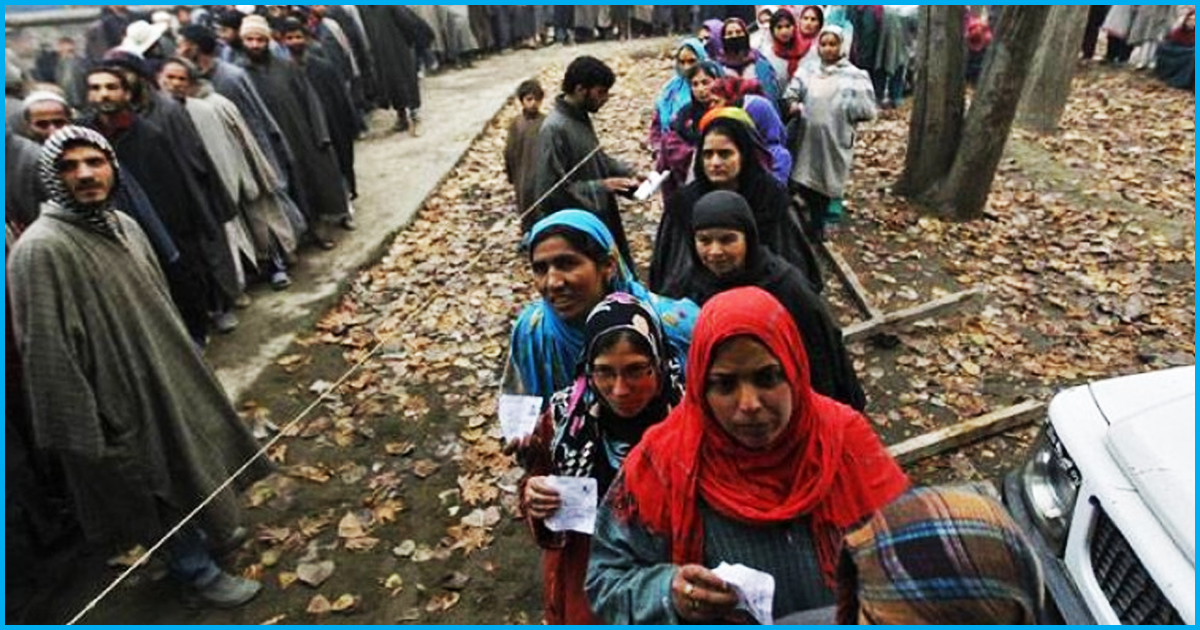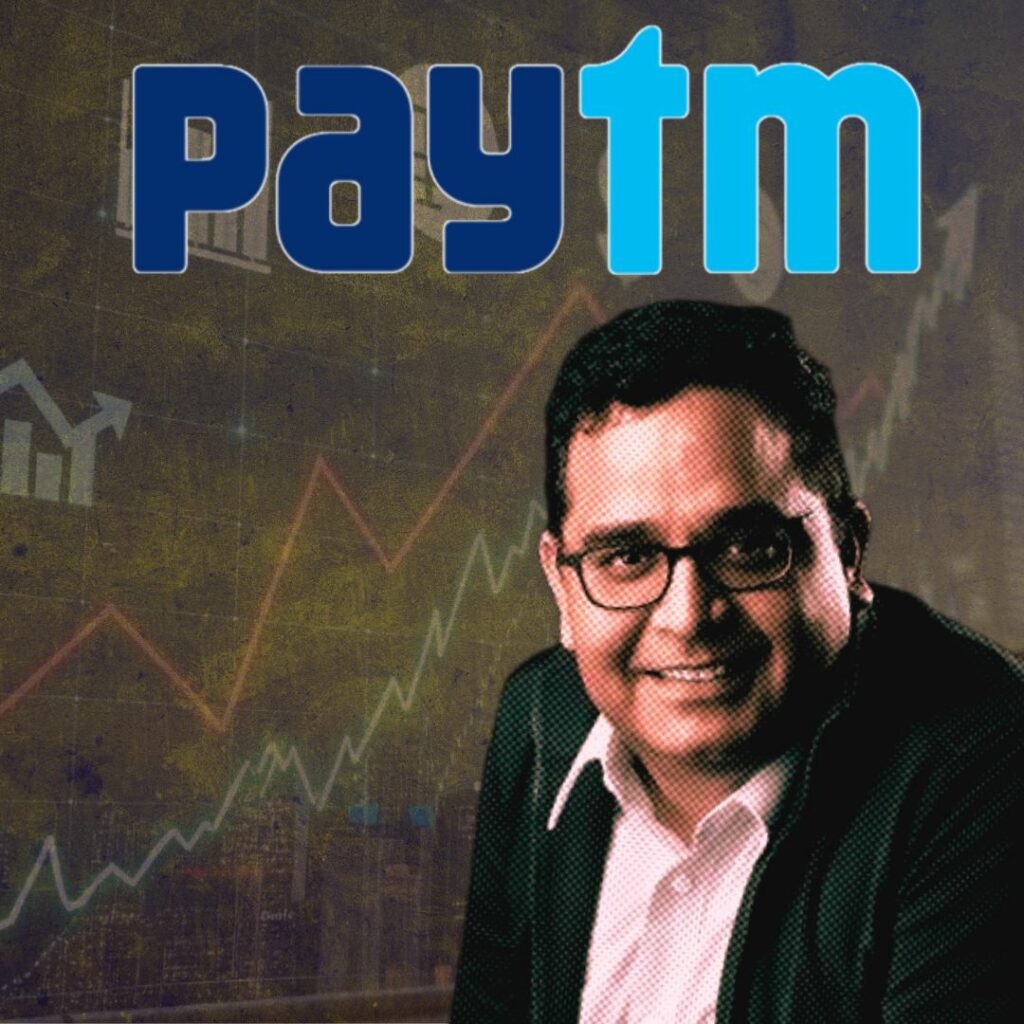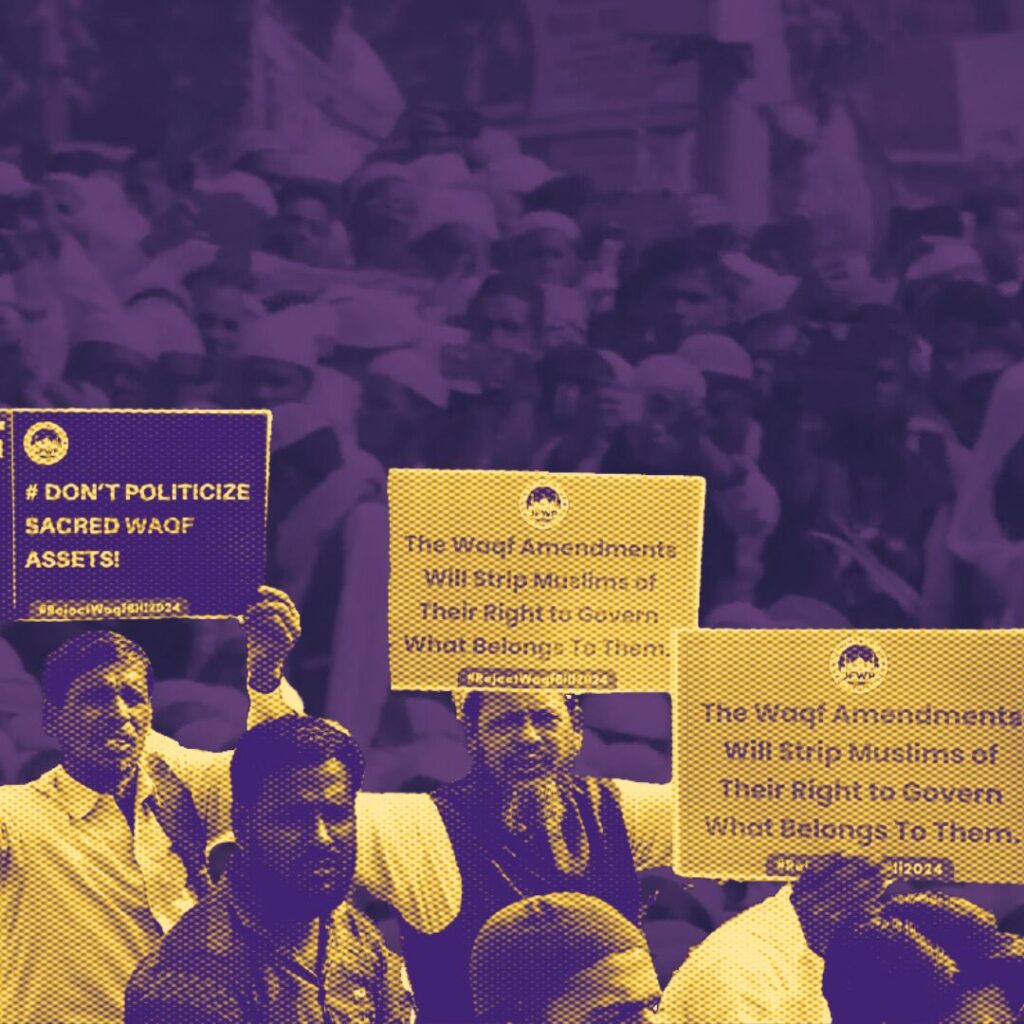Former Jammu and Kashmir governor NN Vohra in his Independence Day speech had announced to hold the Urban Local Bodies (ULB) and Panchayat Polls in the state from September, which is now being taken forward by his replacement, Satya Pal Malik.
Newly-appointed Malik, in his very first meeting with his advisors, stressed upon the long-due local elections and it was announced that the ULB polls will be held in four phases from October 8, while the panchayat elections will be conducted in nine phases in November-December. In the elections, as per the official data, around 4,500 sarpanch-s and 39,500 panch-s will be elected from across J&K.
However, almost all local political parties, including the Peoples Democratic Party (PDP) and National Conference (NC), along with separatist groups have decided to boycott the elections. This boycott is reportedly over the legal challenge of Article 35(A) which grants certain privileges to the “permanent citizens.” In 131 out of the 187 municipal seats, there is not a single person to contest polls or the candidate has been elected uncontested, as reported by The Indian Express. This boycott is creating a space for BJP, as reportedly, several uncontested candidates are from the saffron party.
There have also been threat calls from several militant outfits for the civilians to not participate in the polls. So far, nearly a dozen panchayat buildings have been burnt down across Kashmir valley, while the rise in abductions and killings of local policemen has spread fear among the common people.
With fear looming large, several panch-s and sarpanch-s have also backed out from contesting the elections.
One such case is of Ghulam Ahmad Bhat, a former sarpanch of Nihalpora village from north Kashmir’s Baramulla district. In 2011, Bhat had defeated his rival by more than 1,000 votes, however, after the killing of his fellow sarpanch-s in 2012, he announced his resignation.
As per reports, 16 panchayat members have been killed and 30 wounded by suspected militants since 2011.
Despite multiple appeals from the panch body to provide personal security to its members, the government has not paid heed to any of it. Like many others, Bhat, too, feels insecure and doesn’t want to reconsider his decision.
“Why will we work at the cost of our lives? Other than playing the role of a responsible sarpanch, we also have a family to look after. But the government doesn’t care,” Bhat told The Logical Indian.
Political Science Expert, Dr Irshad Shah also believes that the ground environment isn’t conducive enough to hold the local elections at the moment. “I wonder why the Centre believes the elections could be held. Have they forgotten the 2017 by-elections?” Shah recalled.
During the last year’s parliamentary by-polls, only 6.5 per cent voters had turned up. The violence that followed on the election day killed eight civilians and reportedly injured more than 100 security personnel.
“If the elections take place, Kashmir will once again witness a bloodbath,” Shah said.
The desperation to hold the elections in the J&K could be clearly seen with government’s decision to give one-month additional salary to those employees who will be deployed for election duty.
In a press conference held in Srinagar on Tuesday, J&K Chief Secretary, VR Subrahmanyam announced the move with an aim to please the employees amongst growing security threats from the militants.
The one-month additional salary, however, comes at a cost – “No leave of any kind shall be granted to a government employee except in case of medical emergency till the conclusion of elections,” states an order issued from the office of the Commissioner Secretary to Government.
As per reports, more than 15,000 employees are expected to participate in the elections.
All Jammu and Kashmir Panchayat Conference (JKPC) has also come out in favour of the government’s decision to hold the elections. JKPC Chairman, Shafiq Mir believes that other than the conflict-torn South Kashmir, the ground environment in the rest of the state is favourable enough to go on with the local elections. “These elections are unnecessarily politicised. We demand the elections should be held as that will only address the local issues,” said JKPC Chairman, Shafiq Mir.
“The entire state comprises total 22 districts, and we think the situation is good enough to hold the polls in at least 18 of it,” Mir said, particularly leaving out the four districts of south Kashmir — Anantnag, Pulwama, Shopian and Kulgam.
“Thus, the majority demand elections should take place.”
Also Read: After UGC, J&K Govt Orders Schools To Celebrate ‘Surgical Strike Day’










